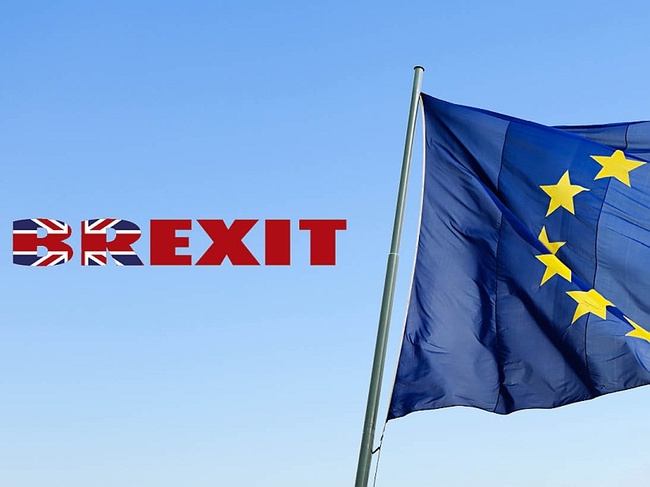The European Union and the United Kingdom signed a trade and cooperation agreement on December 24, 2020, which regulates (trade) relations between them from January 1, 2021. What does this mean for German companies that send workers to Great Britain and British companies whose employees will work in Germany?
The European Union and the United Kingdom have agreed not to lower the current level of labor protection and social security for workers if such a reduction in protection could affect trade or investment between the European Union and the United Kingdom. The EU-UK Trade and Cooperation Agreement (TCA) cites as examples of these protection areas: basic employee rights, fair working and employment conditions, health and safety at work, and corporate restructuring. In exchange, changes to terms of employment may be permitted under the Technical Assistance Act (TCA) without negatively affecting trade.
It is envisaged, for example, that the United Kingdom will change the current legal status established by the European Court of Justice, according to which leave entitlements continue to appear even during an employee’s sick leave. Another possible amendment, which should not affect trade or investments, is that the holiday payment is no longer calculated on the basis of all components of gross wage (according to the current case law of the European Court of Justice), but only on the basis of basic salary. Any breach of the aforementioned “duty to protect” may be subject to consultation between TCA parties and / or investigation and review by a panel of experts.
The Brexit agreement aims to ensure a level playing field
This concept reflects the joint will of the European Union and the United Kingdom to equal opportunities for open and fair competition and sustainable development in key economic areas such as labor, sustainable development, social policy, environmental protection, climate or subsidy control. For this purpose, the Technical Assistance Act provides for the possibility of unilateral compensation measures in the event of major deviations in the above-mentioned areas, such as the introduction of customs duties, if these deviations will significantly impair trade or investments between the parties.
What to arrange before a business trip to Great Britain
Business trips for citizens of the European Economic Area (“EEA”, that is, member states of the European Union and from Norway, Iceland and Liechtenstein) as well as Switzerland to the United Kingdom will remain fairly limited without a visa or work permit for up to 90 days within six months may be possible. This applies to activities such as participation in meetings or contract negotiations, trade fairs and exhibitions, purchase events and after-sales and post-rental customer services.
For actual entry procedures for citizens of the European Economic Area or Switzerland at the UK border, it is recommended that employers provide their employees on short business trips with a letter describing the activities they will be undertaking in the UK and the duration of those activities and that. The person does not undertake any activities beyond the scope of the work travel regulations. In addition, employees, in particular, should have proof of residency, financial security, and travel arrangements to return with them, if possible.
For employees from Germany, so-called A1 certificates (documents confirming the employee’s continued membership in the German social security system) will continue to be used on business trips to the UK. Citizens of the European Economic Area who wish to carry out activities outside the activities permitted by the TCA must apply for a “skilled worker” visa. It should also be noted that from 1 October 2021, EEA citizens will be required to bring their passport with them when entering the UK. A German ID will not be enough anymore.
Entry into the European Union from the United Kingdom
For business trips from the United Kingdom to the European Union, in addition to the general rules for travelers, other requirements apply, such as entry regulations (document confirming the purpose and expected duration of the trip, proof of suitable accommodation and what is available for the average trip) in addition to the requirement that travelers have identity documents Certain (for example, a passport is valid for at least six months). If you are traveling from the United Kingdom to an EU country for less than 90 days within a 180-day period, you can, as in return, undertake certain activities without a visa or work permit, such as attending a business meeting. If the stay is longer than 90 days within 180 days, a visa may be required, depending on the specific circumstances.
You may also be interested in:
The Brexit Trade Deal: Implications for Social Security
Review: The chaos of Brexit never ends

“Award-winning music trailblazer. Gamer. Lifelong alcohol enthusiast. Thinker. Passionate analyst.”





More Stories
Harry's plan to crown Charles sends a clear message, Insider reveals
'The Last of Us' series is already celebrated – is it better than 'The Walking Dead'?
US broadcaster justifies Kate's jokes on live show – and receives criticism